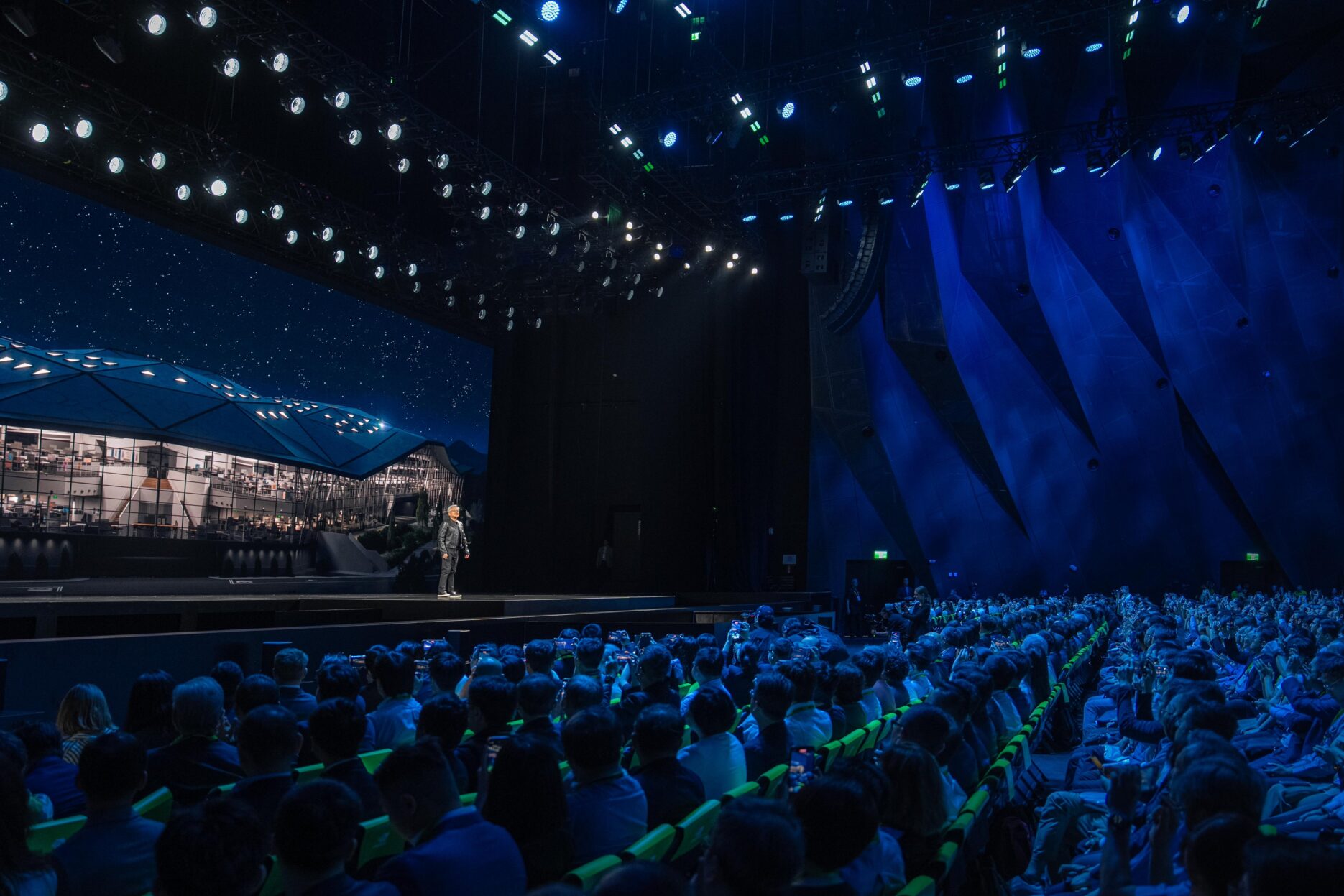On 19 May, Jensen Huang, the Taiwan-born American founder and CEO of tech giant Nvidia, gave a keynote speech at Computex 2025 in Taipei. Highlights from the speech include Huang announcing a new AI supercomputer and stating that AI would be incorporated into everything in 10 years. Meanwhile, in China, the most viral topics covered the views on the latest US chip export restrictions to China from Jensen Huang.
Huang refutes the rationale behind the new limits, which would effectively ban the export of H20 chips to China. Calling it “deeply painful”, Jensen Huang argues that trying to curb China’s AI development by setting restrictions on chip exports is “deeply uninformed”. As Nvidia tries to remodel itself as an “AI infrastructure” company, Jensen Huang stressed that US companies need to compete in China. He notes that if US companies are not involved in the building of Chinese AI infrastructure and allow China to “build a rich ecosystem” without American participation, it would cause China to take leadership and diffuse their technology “all around the world”.
He goes on to say that, “50% of the world’s AI researchers are Chinese and you’re not going to hold them back, you’re not going to stop them from advancing AI”. This line, along with Huang calling DeepSeek R1 “world-class” and “genuinely a gift to the world’s AI industry”, has been widely echoed by Chinese publications.
Undoubtedly, Jensen Huang expressed this sentiment partly due to the prospect of losing 15 billion USD in sales, however, his point regarding competition still stands. Chinese AI breakthroughs, such as the open-source DeepSeek models, have been surprising the West precisely because they were made under existing restrictions. Huang also expressed the idea that the limitation only made Chinese researchers and companies more innovative to survive. With Chinese companies such as Huawei and Alibaba already building their AI infrastructures, the US AI supremacy can hardly be maintained, at least not by protectionism.




